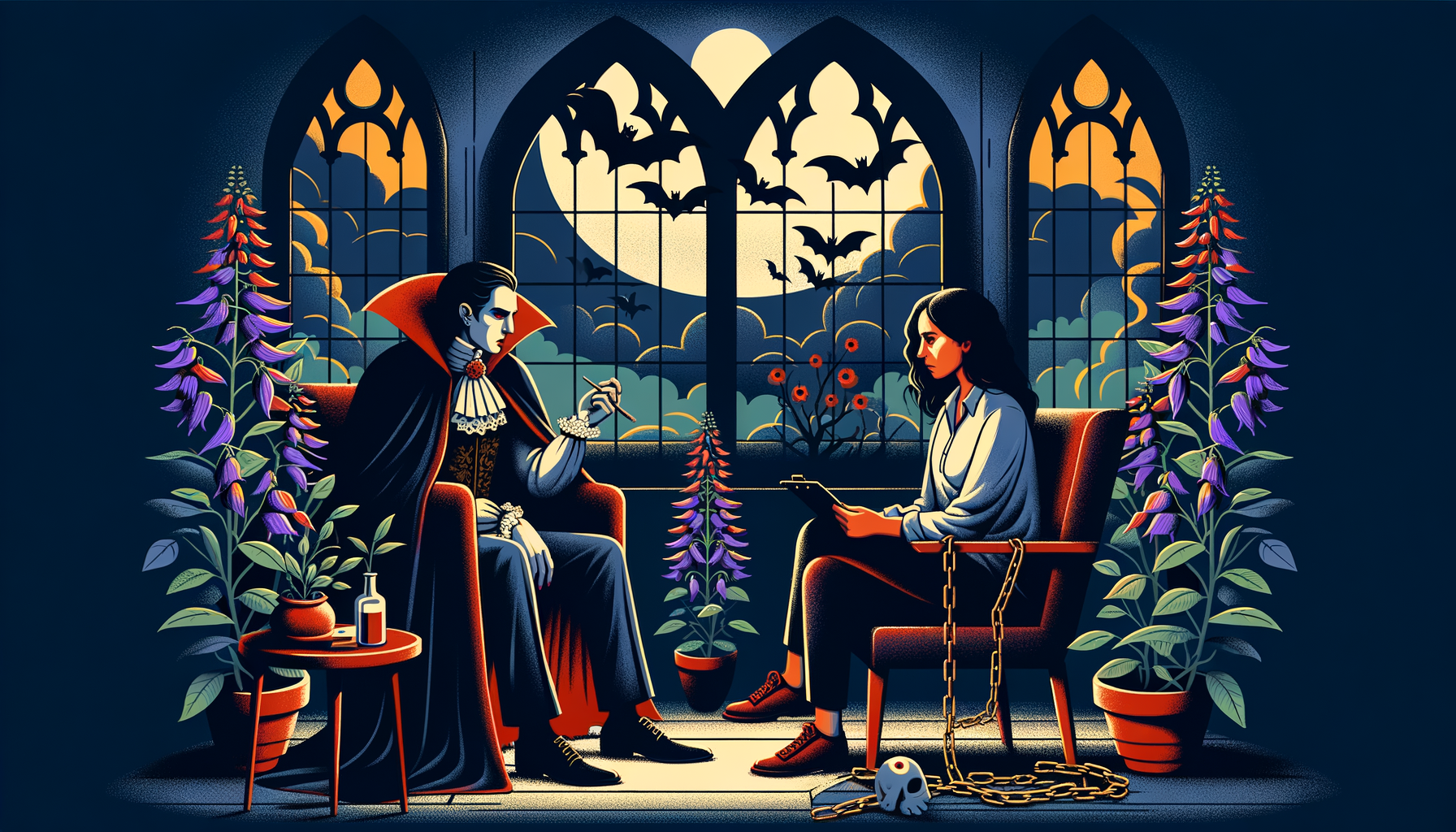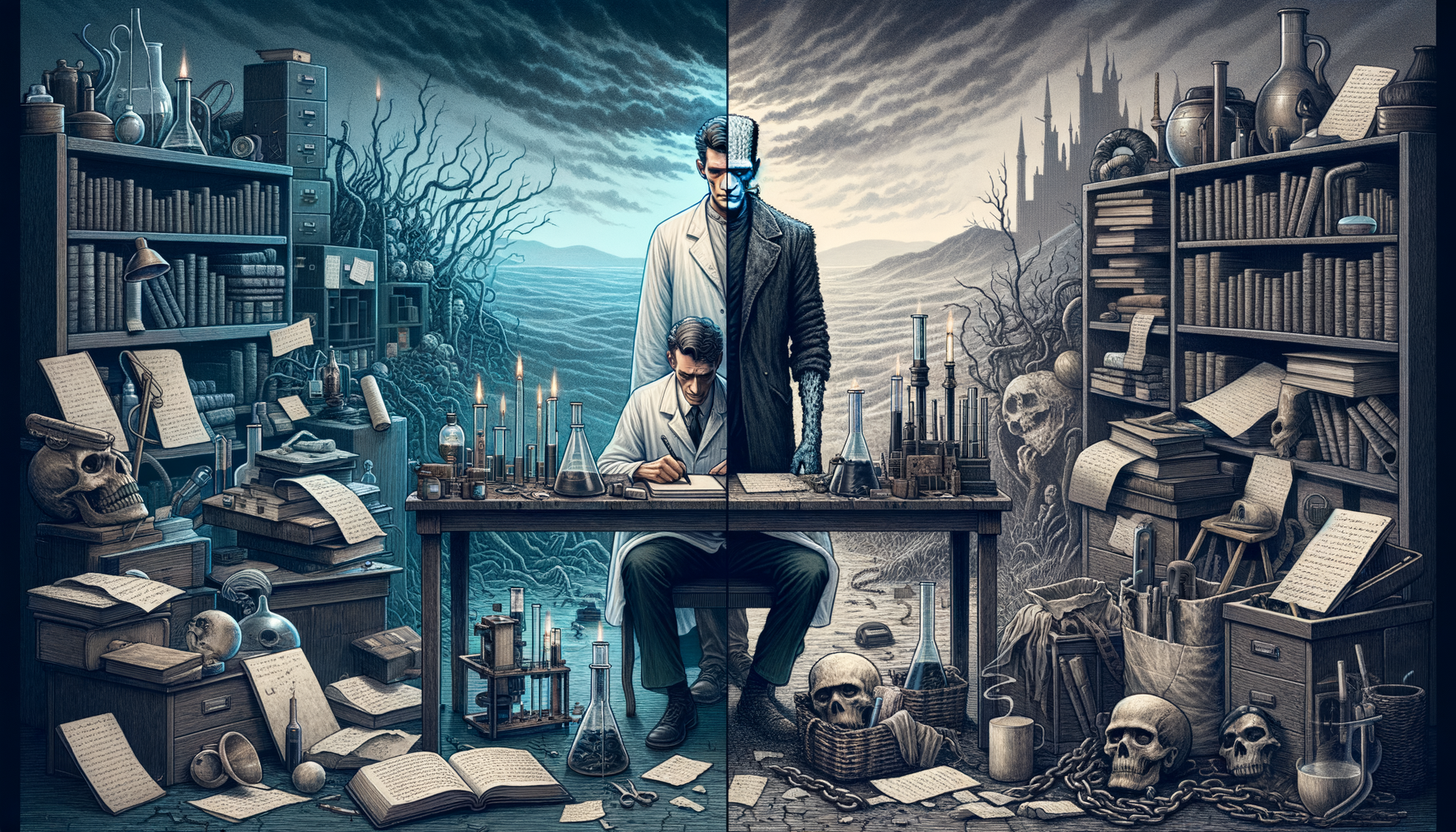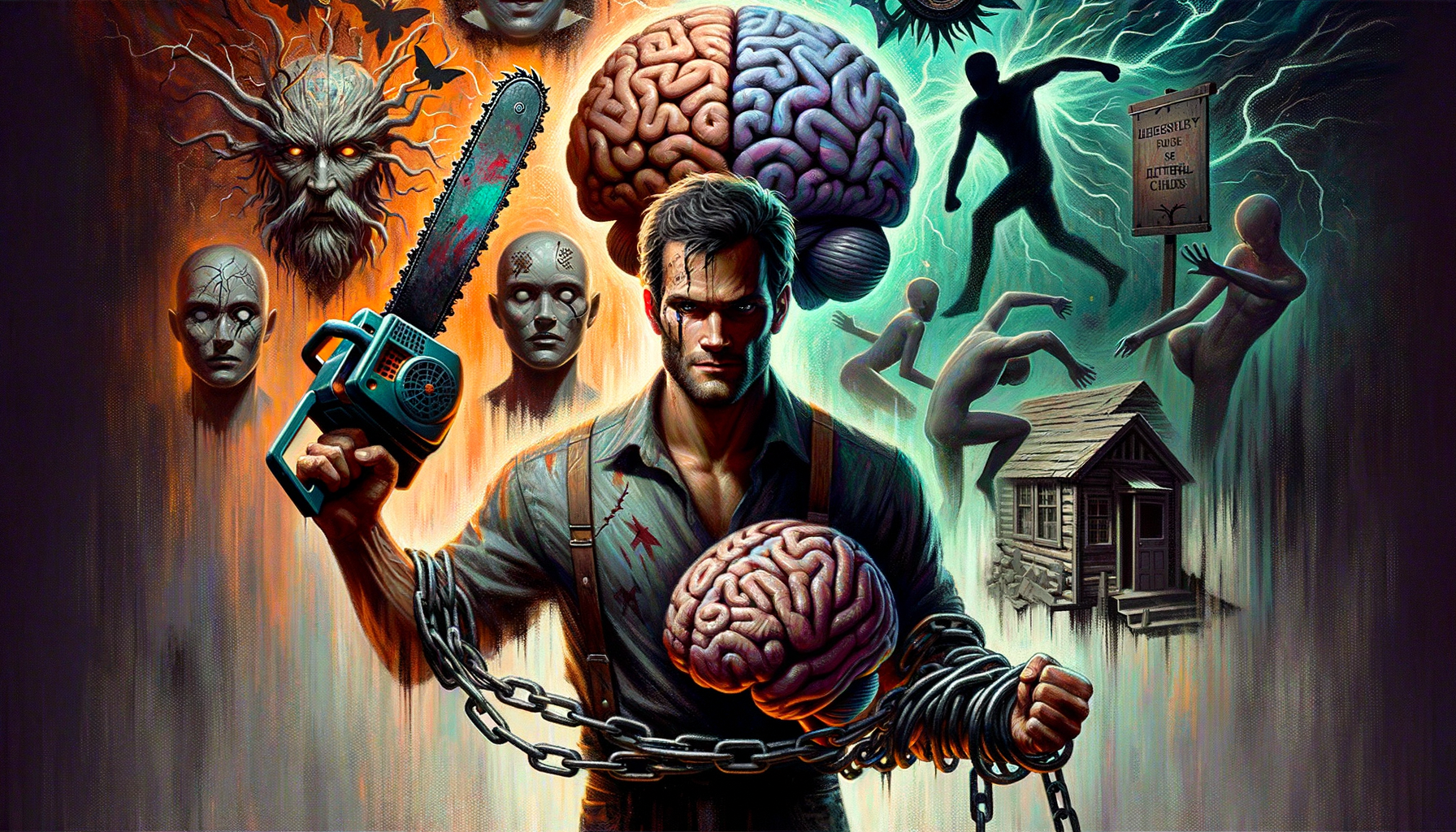Dracula, a timeless classic by Bram Stoker, isn’t just a spine-chilling tale of gothic horror; it’s also a treasure trove of mental health insights! Who would’ve thought that a story from the late 19th century could resonate so deeply with modern psychological concepts? As we delve into the eerie world of Dracula, let’s uncover the valuable lessons it holds for our mental well-being in 2024. From understanding the effects of isolation to recognizing the importance of community support, there’s a lot to learn from this eerie masterpiece. So, are you ready to explore the mental health lessons from Dracula?
Understanding Isolation and Its Psychological Impact
Overview of Dracula’s Solitude
Dracula’s existence in his castle is the epitome of isolation. Nestled in the remote Carpathian Mountains, his castle is an eerie fortress of solitude. This seclusion is not just physical but deeply psychological, shaping Dracula’s behavior and psyche. His isolated existence leads to a detachment from humanity, fostering an obsessive and predatory nature.
Modern Context of Isolation
In today’s world, isolation can have similarly profound effects on mental health. Modern-day loneliness is a growing concern, with many individuals feeling disconnected despite being constantly surrounded by technology. Recent statistics from 2024 show an alarming rise in loneliness and its correlation with mental health issues such as depression and anxiety.
Coping Mechanisms
To combat isolation, especially in our digital age, it is crucial to develop strategies that foster social connections and support systems. This can include engaging in online communities, participating in local groups, and maintaining regular contact with loved ones. Building a robust support network can significantly mitigate the adverse effects of loneliness.
The Importance of Community and Support Networks
Dracula’s Victims and Their Support Systems
In Bram Stoker’s “Dracula,” the characters who stand against Dracula often do so by banding together. This collective effort is a testament to the power of community. Characters like Van Helsing, Jonathan Harker, and Mina draw strength from their unity, showcasing the significant role support systems play in overcoming adversity.
Building Strong Support Systems in Our Lives
Fostering strong personal and professional support networks is vital for mental well-being. Tips for building these networks include actively participating in community events, volunteering, and maintaining open communication with friends and family. Community involvement has been shown to have numerous benefits for mental health, providing a sense of belonging and purpose.
Role of Mental Health Professionals
While personal support networks are crucial, there are times when professional help is necessary. Understanding when to seek therapy or counseling can make a significant difference. Mental health professionals provide essential tools and strategies to navigate complex emotional landscapes, reinforcing the importance of professional support.
Fear, Anxiety, and Their Modern-Day Parallels
Fear in Dracula’s World
Fear is a pervasive theme in “Dracula,” manifesting in various ways among the characters. The psychological impact of encountering Dracula induces a range of reactions, from paralyzing terror to determined resistance. Analyzing these reactions provides insight into the human response to fear.
Anxiety in the 21st Century
Today, anxiety is a common mental health issue, with numerous sources contributing to it, such as work stress, social pressures, and global uncertainties. Statistics from 2024 indicate a significant increase in diagnosed anxiety disorders, highlighting the need for effective management strategies.
Managing Fear and Anxiety
To reduce anxiety, practical techniques such as mindfulness and meditation can be incredibly beneficial. These practices help in managing stress and fostering a sense of calm. Incorporating such techniques into daily routines can significantly improve mental health and overall well-being.
Battles with Inner Demons: Addiction and Obsession
Dracula’s Obsessive Nature
Dracula’s obsession with control and blood can be seen as a metaphor for addiction. His relentless pursuit and dependency on blood highlight the consuming nature of obsessive behaviors. This portrayal offers a lens through which to understand the destructive impact of addiction.
Modern Battles with Addiction
Today, addiction comes in various forms, from substance abuse to digital addiction. Understanding these different types and their effects on mental health is crucial. In 2024, addiction rates have continued to rise, underscoring the need for comprehensive approaches to address this issue.
Overcoming Obsession and Addiction
Breaking free from addictive behaviors requires a combination of strategies, including therapy, support groups, and rehabilitation centers. These resources provide the necessary support and tools to overcome addiction, emphasizing the importance of a structured and supportive environment.
The Power of Resilience and Perseverance
Characters’ Resilience in Dracula
The characters in “Dracula” exhibit remarkable resilience as they confront their fears. Their stories of coping and perseverance offer valuable lessons in mental toughness. Key moments in the novel highlight the importance of determination and collective effort in overcoming challenges.
Modern-Day Resilience Strategies
Building mental toughness and resilience is essential in today’s fast-paced world. Techniques such as setting realistic goals, maintaining a positive outlook, and learning from setbacks can help individuals navigate life’s challenges. Developing these skills can significantly enhance one’s ability to persevere through difficult times.
Inspiration from Dracula
Modern audiences can draw inspiration from the characters’ struggles in “Dracula.” Their resilience and perseverance provide a blueprint for managing our mental health journeys. By applying these lessons, we can better equip ourselves to handle life’s adversities, fostering a stronger and more resilient mindset.
Conclusion
In our journey through Dracula’s dark and eerie world, we’ve uncovered surprising mental health lessons that are still relevant today. From understanding the haunting effects of loneliness to recognizing the power of community and resilience, this gothic tale offers profound insights into our psychological well-being. So, as you close the pages of Dracula, remember to reach out, support each other, and draw strength from within to conquer your own mental health battles. Ready to dive deeper into mental health? Check out our recommended resources and start your journey to a healthier mind!




